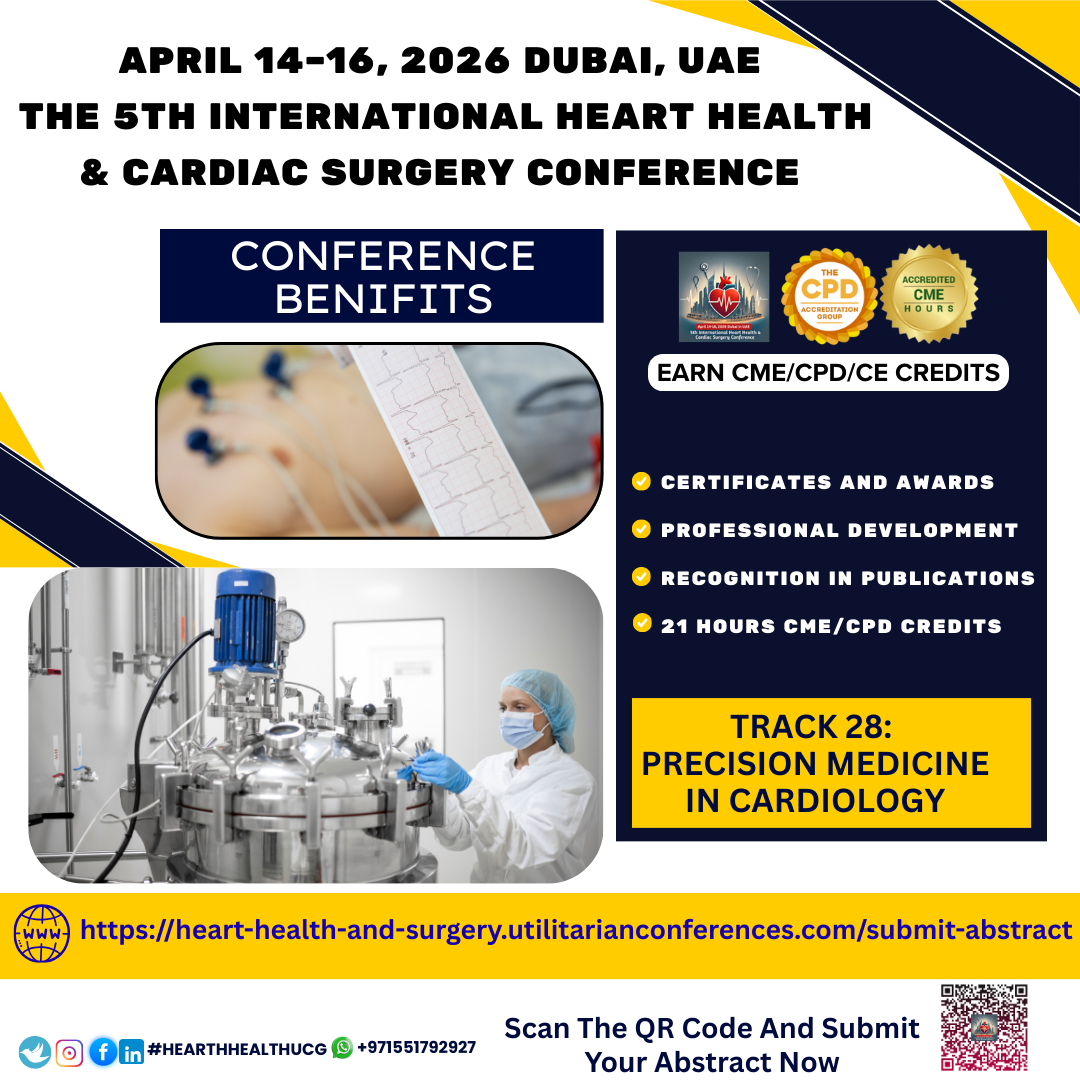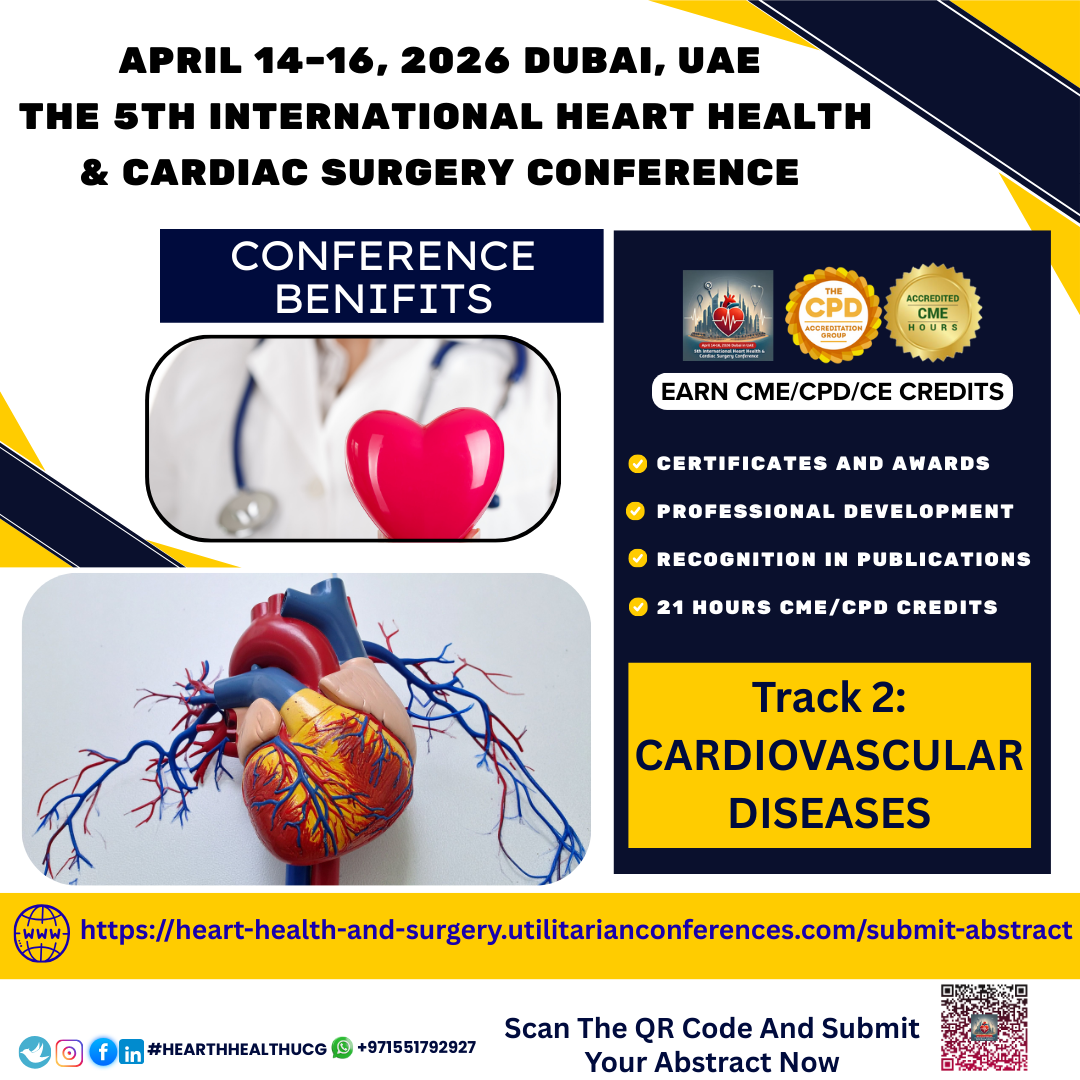



Heart Health is a broad and essential topic that refers to maintaining the...

Cardiovascular diseases (CVDs) are the leading cause of death globally,
claiming an estimated 17.9...

Title: Precision Medicine in Cardiology: A New Era of Personalized Heart Care
In the dynamic world of healthcare, cardiology is witnessing a transformative shift — from a one-size-fits-all approach to highly individualized patient care. This revolution is driven by precision medicine, a discipline that tailors diagnosis, treatment, and prevention strategies based on an individual's unique genetic, environmental, and lifestyle factors.
What Is Precision Medicine?
Precision medicine, often referred to as personalized or individualized medicine, goes beyond traditional clinical practices. Instead of treating patients solely based on generalized guidelines, it integrates:
Genomics
(the study of genes and DNA),
Proteomics
(study of proteins),
Biomarkers,
and
Patient
lifestyle and environment
to create a more accurate profile of disease risk, progression, and response to treatment.
Why Precision Medicine Matters in Cardiology
Cardiovascular diseases (CVDs) remain the leading cause of death globally. Despite advances in diagnostics and therapeutics, standard treatments may not work uniformly for all patients due
to genetic and biological variability.
Precision medicine in cardiology aims to:
Predict
risk more accurately
Prevent
disease in high-risk individuals
Provide
targeted therapies
Improve
clinical outcomes and reduce adverse events
Applications of Precision Medicine in
Cardiology
1. Genetic Testing for
Inherited Heart Conditions
Precision medicine has enhanced our ability to detect inherited cardiac disorders such as:
Hypertrophic Cardiomyopathy (HCM)
Long
QT Syndrome
Familial
Hypercholesterolemia
Genetic screening allows for early identification of at-risk family members and guides surveillance or preventative strategies.
2. Pharmacogenomics This field studies how genes affect an individual’s response to medications. In cardiology:
Clopidogrel resistance in patients with certain CYP2C19 gene variants can lead to stent thrombosis.
Warfarin dosing can be guided by VKORC1 and CYP2C9 genotyping to avoid bleeding complications.
3. Biomarker-Guided Therapy Biomarkers like NT-proBNP, troponin, and CRP not only aid in diagnosis but also help in: Stratifying risk in heart failure Tailoring intensity of therapy in acute coronary syndrome Monitoring therapeutic response
4. Advanced Imaging and AI Integration Combining precision medicine with AI-driven imaging techniques and wearables (like smart ECGs or continuous BP monitors) allows real-time monitoring and prediction of events such as arrhythmias or heart failure decompensation.
5. Gene and Cell Therapy Emerging research is exploring gene editin techniques (like CRISPR-Cas9) to correct defective genes in inherited cardiomyopathies, and stem cell therapy to regenerate damaged myocardial tissue post-MI. Case Example: Precision Treatment in Heart Failure
A patient with heart failure with preserved ejection fraction (HFpEF) might have different underlying causes — obesity, diabetes, or hypertension. Precision medicine uses detailed phenotyping, genomics, and proteomics to identify specific subtypes and personalize therapy,
moving away from the trial-and-error model of drug prescription. Benefits and Challenges
Benefits:
Better prediction and prevention
Enhanced treatment efficacy
Fewer adverse effects
Improved resource utilization
Challenges:
High cost of genetic and molecular testing
Limited access in low-resource settings
Need for clinician education and
interdisciplinary collaboration
Ethical concerns around data privacy and genetic
discrimination The Road Ahead
Precision cardiology is not a futuristic concept — it’s already reshaping clinical practices in academic and advanced healthcare centers. With the integration of big data, genomics, and AI, the future promises truly individualized cardiovascular care. However, bridging the gap between researc hand routine clinical application remains critical
Investment in infrastructure, training, andNequitable access will ensure that precision medicine becomes standard care, not just specialized care.
Conclusion
Precision medicine is revolutionizing cardiology by placing the patient — their genes, environment, and lifestyle — at the center of care. By moving from reactive treatment to proactive prevention and personalization, we are setting the stage for a new era of heart
health.